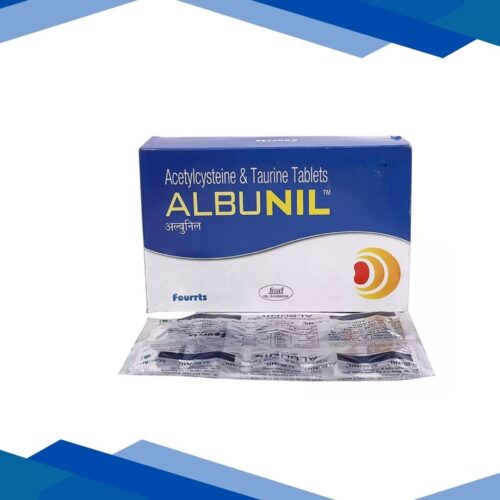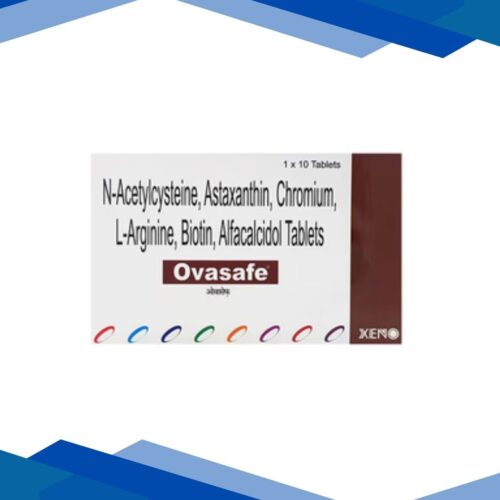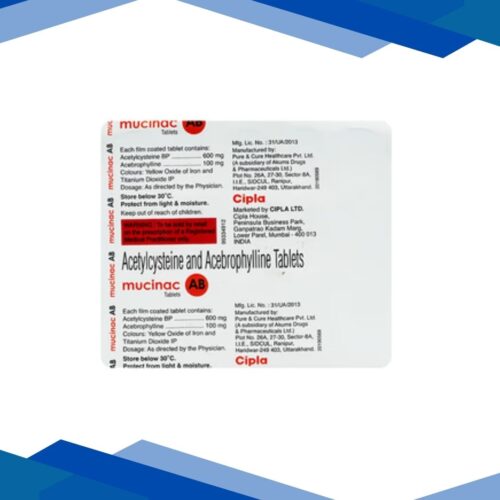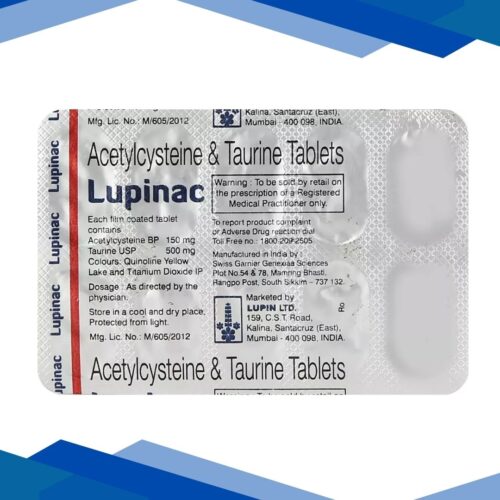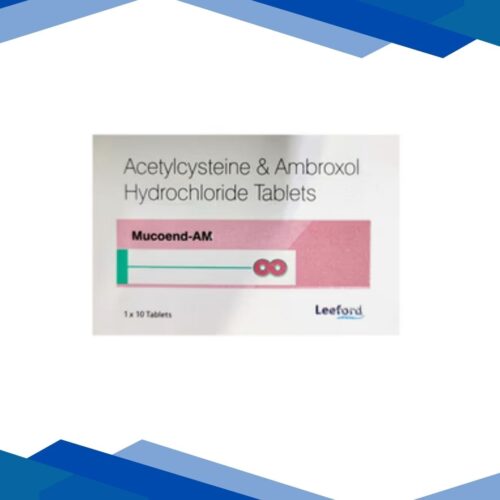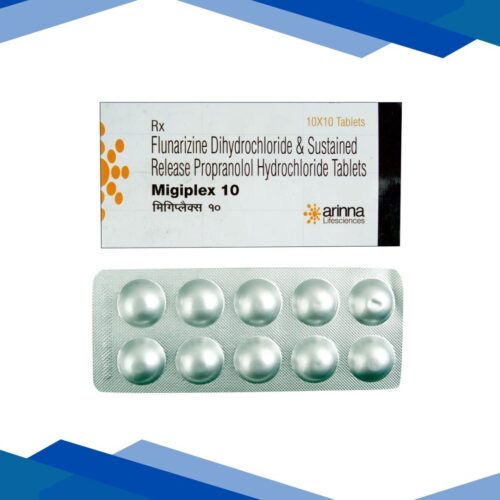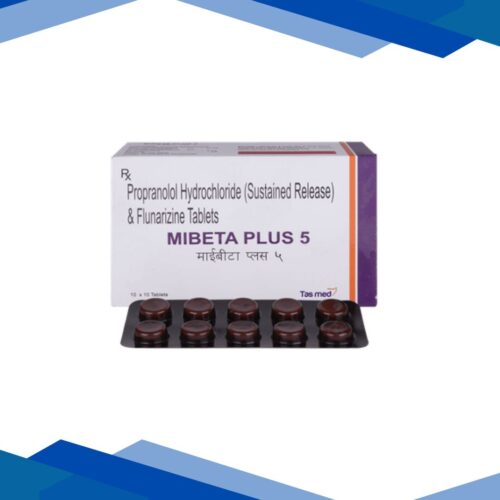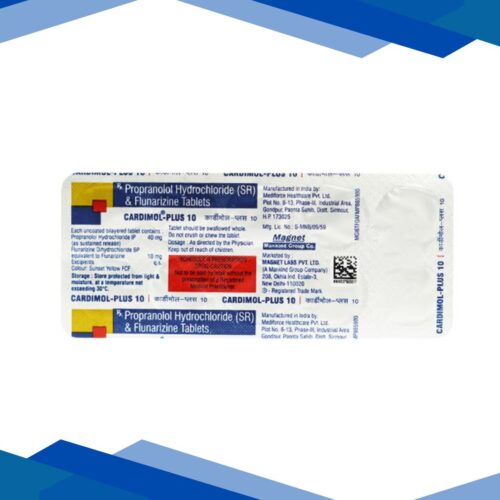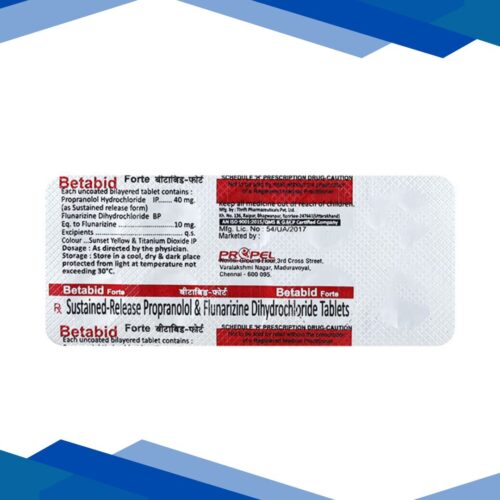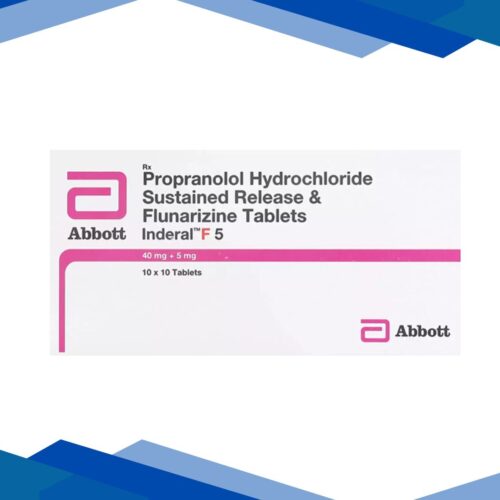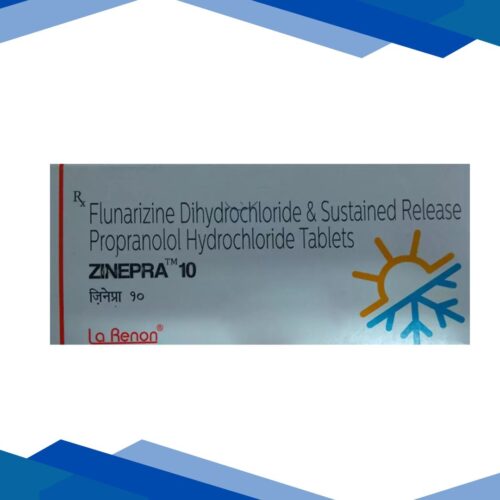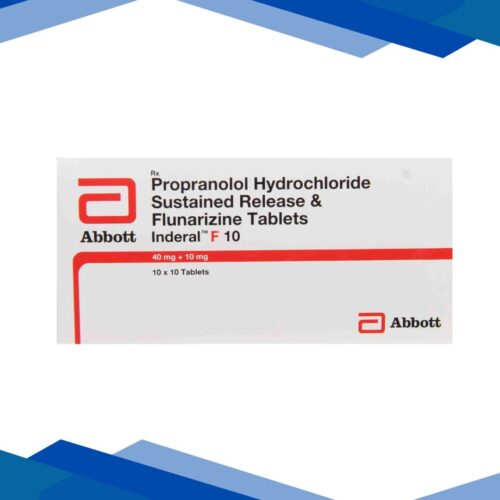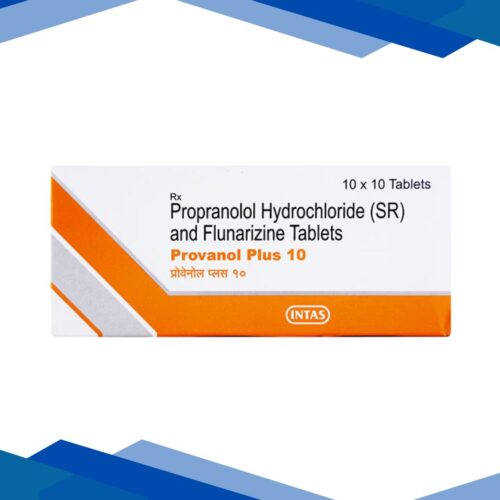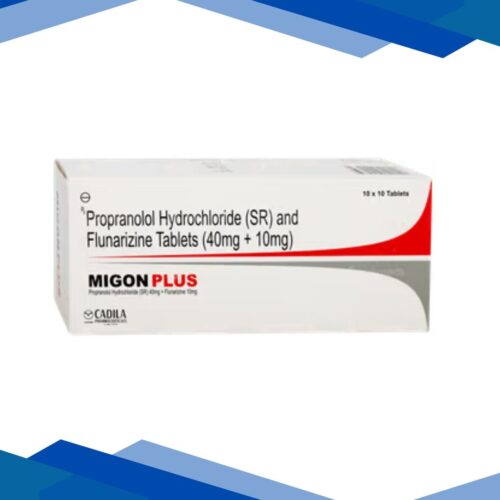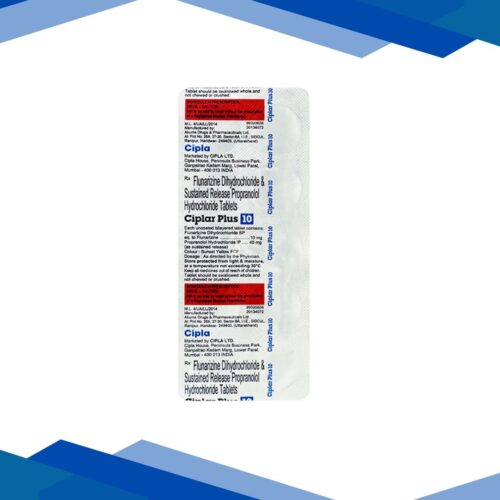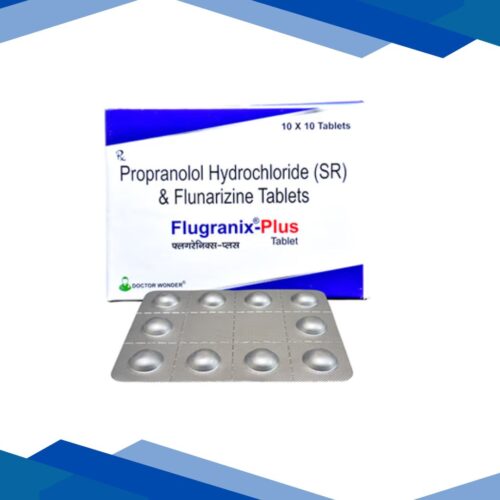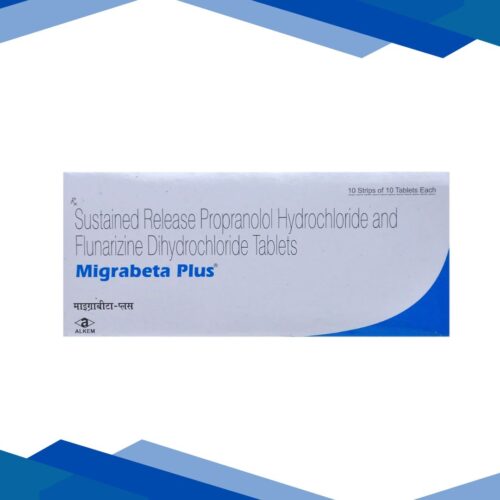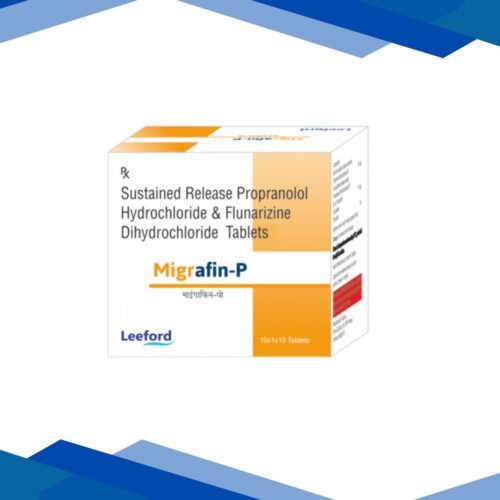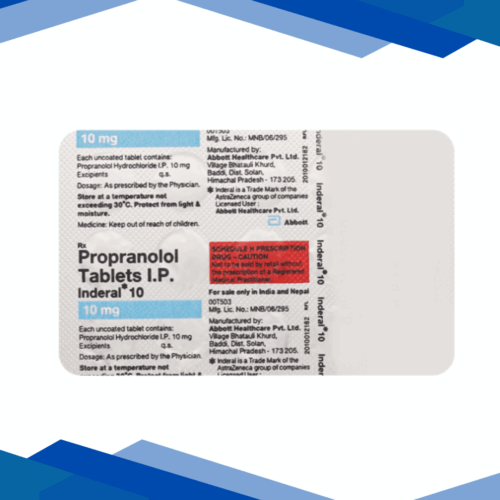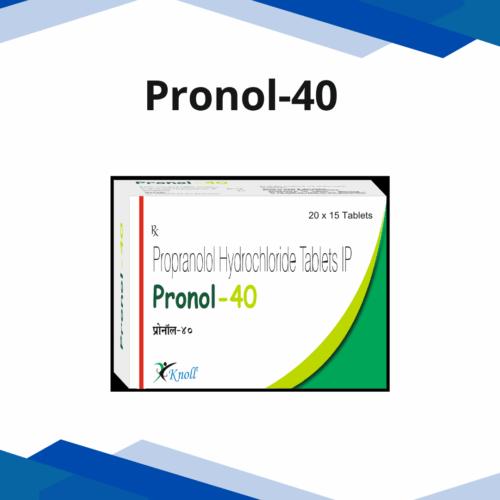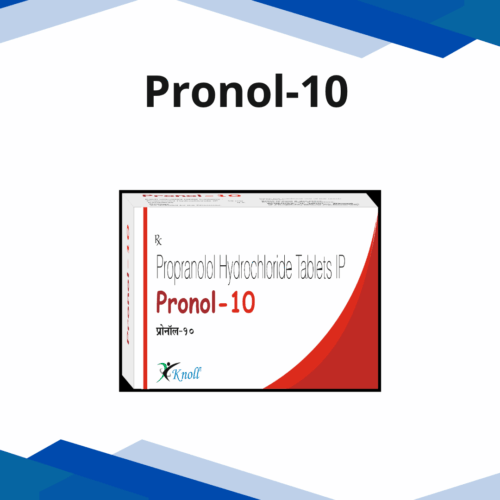PROPRANOLOL
Overview:
Propranolol is a type of medication known as a beta-blocker, commonly prescribed for treating various heart and blood pressure issues. It functions by decreasing the heart rate and lessening the strength of the heart’s contractions, which aids in lowering blood pressure, managing irregular heartbeats, and preventing angina (chest pain). Additionally, it is used to address anxiety, migraines, and certain tremors. By reducing the heart’s workload, propranolol facilitates easier heart function and diminishes the likelihood of future heart complications.
Classification:Non-selective Beta-adrenergic blocker (Beta-blocker)
Uses:
Propranolol is used to address high blood pressure (hypertension), alleviate chest pain (angina), and correct irregular heartbeats (arrhythmias). It is also beneficial in preventing migraines, easing anxiety symptoms such as a racing heart or tremors, and managing essential tremors. In certain situations, it is prescribed following a heart attack to enhance cardiac function and prevent subsequent heart complications. The medication functions by slowing the heart rate and reducing the heart’s workload.
How it works:
Propranolol functions by inhibiting beta-adrenergic receptors (both β1 and β2) located in the heart and blood vessels. This action diminishes the impact of adrenaline, resulting in a decreased heart rate, less vigorous heart contractions, and reduced blood pressure. Additionally, it aids in stabilizing heart rhythm and lowering the heart’s oxygen requirements, which is beneficial for conditions such as angina and arrhythmias. In the brain, propranolol can alleviate anxiety and migraine symptoms by soothing nerve signals.
Dosage:As prescribed by your doctor.
Side effects:
Slow heart rate (bradycardia)
Cold hands and feet
Tiredness or fatigue
Dizziness or light-headedness
Nausea
Precautions:
Propranolol should be administered with care in individuals with asthma, diabetes, low blood pressure, or specific heart conditions such as heart block or a slow heart rate. In diabetics, it can obscure signs of low blood sugar, like a rapid heartbeat, so it’s important to monitor blood sugar levels closely. Do not discontinue propranolol abruptly without consulting a doctor, as it could exacerbate heart issues. Notify your doctor if you are pregnant, nursing, or using other medications. Refrain from consuming alcohol and be cautious when driving, as the medication may cause drowsiness or dizziness.
Disclaimer:This content is for informational purposes only. Always consult a healthcare provider for medical advice and proper dosage.

